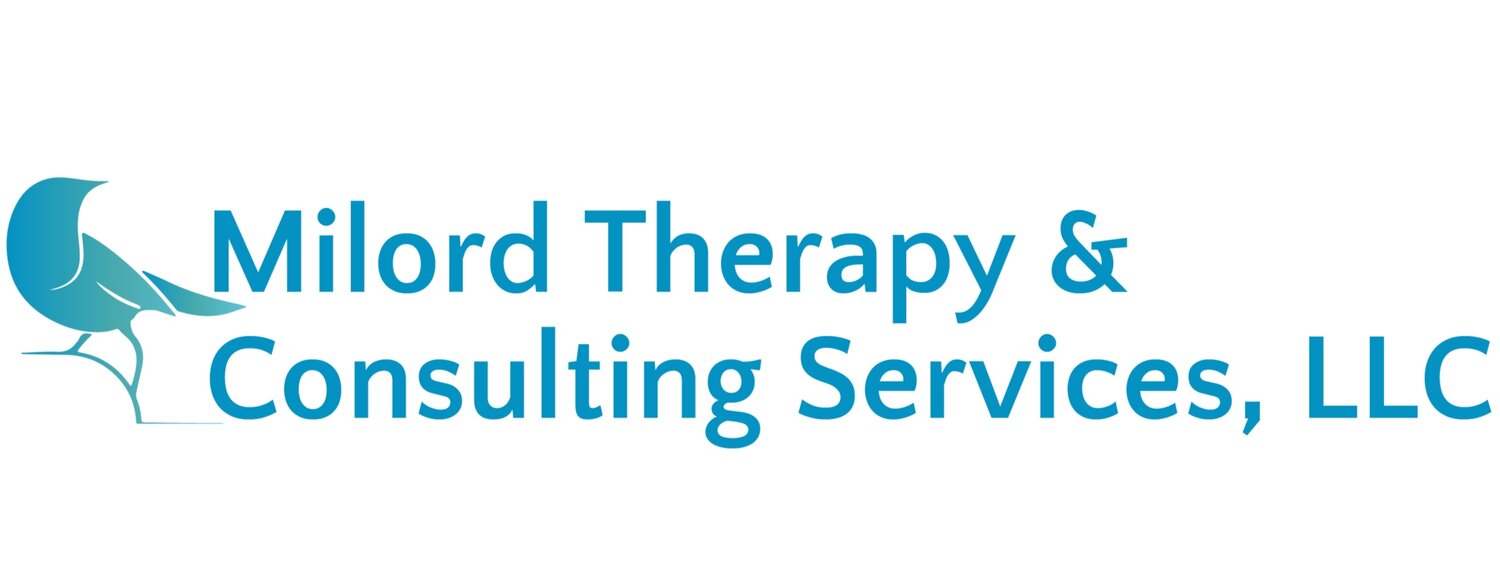Don't Let Anxiety Control Your Life: Understanding The Diagnosis And Treatment Options.
As a mental health professional, I have seen many people struggle with anxiety. It is a common mental health condition that affects millions of people worldwide. Anxiety can be debilitating and impact a person's daily life. However, with the right diagnosis and treatment, anxiety can be managed effectively. In this article, I will discuss what anxiety is, the different types of anxiety disorders, symptoms, causes, diagnosis, and treatment options.
What is anxiety?
Anxiety is a normal human emotion that everyone experiences. It is the body's natural response to stress. Anxiety can help a person stay alert, focused, and motivate them to solve a problem. However, when anxiety becomes excessive and uncontrollable, it becomes a problem. Anxiety disorders are characterized by excessive and persistent worry, fear, and nervousness. It can be accompanied by physical symptoms such as rapid heartbeat, sweating, and trembling.
Understanding the different types of anxiety disorders
There are several types of anxiety disorders, including generalized anxiety disorder (GAD), panic disorder, social anxiety disorder, specific phobias, and obsessive-compulsive disorder (OCD).
GAD is characterized by persistent and excessive worry about everyday things such as work, finances, and health. Panic disorder is characterized by sudden and unexpected panic attacks. Social anxiety disorder is an intense fear of social situations, while specific phobias are a fear of specific objects or situations. OCD is characterized by obsessive thoughts and compulsive behaviors.
Symptoms of anxiety
The symptoms of anxiety can vary depending on the type of anxiety disorder. However, common symptoms include excessive worry, fear, and nervousness. Physical symptoms such as rapid heartbeat, sweating, and trembling are also common. Other symptoms include difficulty sleeping, irritability, and difficulty concentrating.
Causes of anxiety
The exact causes of anxiety disorders are unknown. However, several factors may contribute to the development of anxiety, including genetics, brain chemistry, and life experiences. Trauma, stress, and a family history of anxiety disorders may also increase the risk of developing an anxiety disorder.
Diagnosis of anxiety
To diagnose an anxiety disorder, a mental health professional will conduct a clinical interview and may use diagnostic tests such as standardized questionnaires to assess anxiety symptoms. The mental health professional will also evaluate other medical conditions that may be causing anxiety symptoms.
Treatment options for anxiety - therapy, medications, and self-help techniques
Treatment options for anxiety disorders include therapy, medications, and self-help techniques. The most effective treatment approach will depend on the type and severity of the anxiety disorder.
Types of therapy for anxiety - cognitive-behavioral therapy, exposure therapy, and more
Cognitive-behavioral therapy (CBT) is a type of therapy that focuses on changing negative thought patterns and behaviors that contribute to anxiety. Exposure therapy is a type of CBT that involves gradually exposing a person to the object or situation that causes anxiety in a safe and controlled environment.
Other types of therapy for anxiety disorders include dialectical behavior therapy (DBT), acceptance and commitment therapy (ACT), and psychodynamic therapy.
Medications for anxiety - anti-anxiety medications and antidepressants
Antidepressants and anti-anxiety medications are commonly used to treat anxiety disorders. Antidepressants work by regulating the levels of neurotransmitters in the brain that affect mood and anxiety. Anti-anxiety medications, such as benzodiazepines, work by slowing down the central nervous system.
Self-help techniques for managing anxiety - mindfulness, exercise, and more
Self-help techniques can also be effective in managing anxiety. Mindfulness meditation, deep breathing exercises, and progressive muscle relaxation are all techniques that can help reduce anxiety symptoms. Regular exercise, a healthy diet, and getting enough sleep can also help manage anxiety.
Finding the right treatment for you
Finding the right treatment for an anxiety disorder can take time. It is essential to work with a mental health professional to determine the most effective treatment approach. A combination of therapy, medication, and self-help techniques may be necessary to manage anxiety successfully.
Coping with anxiety - support groups and resources
Support groups and resources can be helpful for people with anxiety disorders. Support groups provide a safe and supportive environment to share experiences and receive emotional support. Online resources such as websites, forums, and apps can also provide information and support for people with anxiety disorders.
Conclusion
Anxiety disorders can be debilitating, but with the right diagnosis and treatment, it can be managed effectively. Treatment options for anxiety disorders include therapy, medications, and self-help techniques. It is essential to work with a mental health professional to determine the most effective treatment approach.
If you or someone you know is struggling with anxiety, seek help from a mental health professional. Remember, you don't have to let anxiety control your life.
Find me on social media here!
www.demthelmhc.com
Podcast: https://anchor.fm/growthroughthisYoutube: https://www.youtube.com/@growthroughthisTwitter: https://twitter.com/demthelmhc Instagram: https://www.instagram.com/demthelmhc/LinkedIn: https://www.linkedin.com/in/demenna-milord-lmhc-843a1825/ Facebook: https://www.facebook.com/demthelmhcQuestions or mental health topics you’d like to know more about?dem@demthelmhc.comTherapy Resources:https://openpathcollective.orghttps://www.psychologytoday.com/ushttps://therapyforblackmen.org/https://therapyforblackgirls.com
